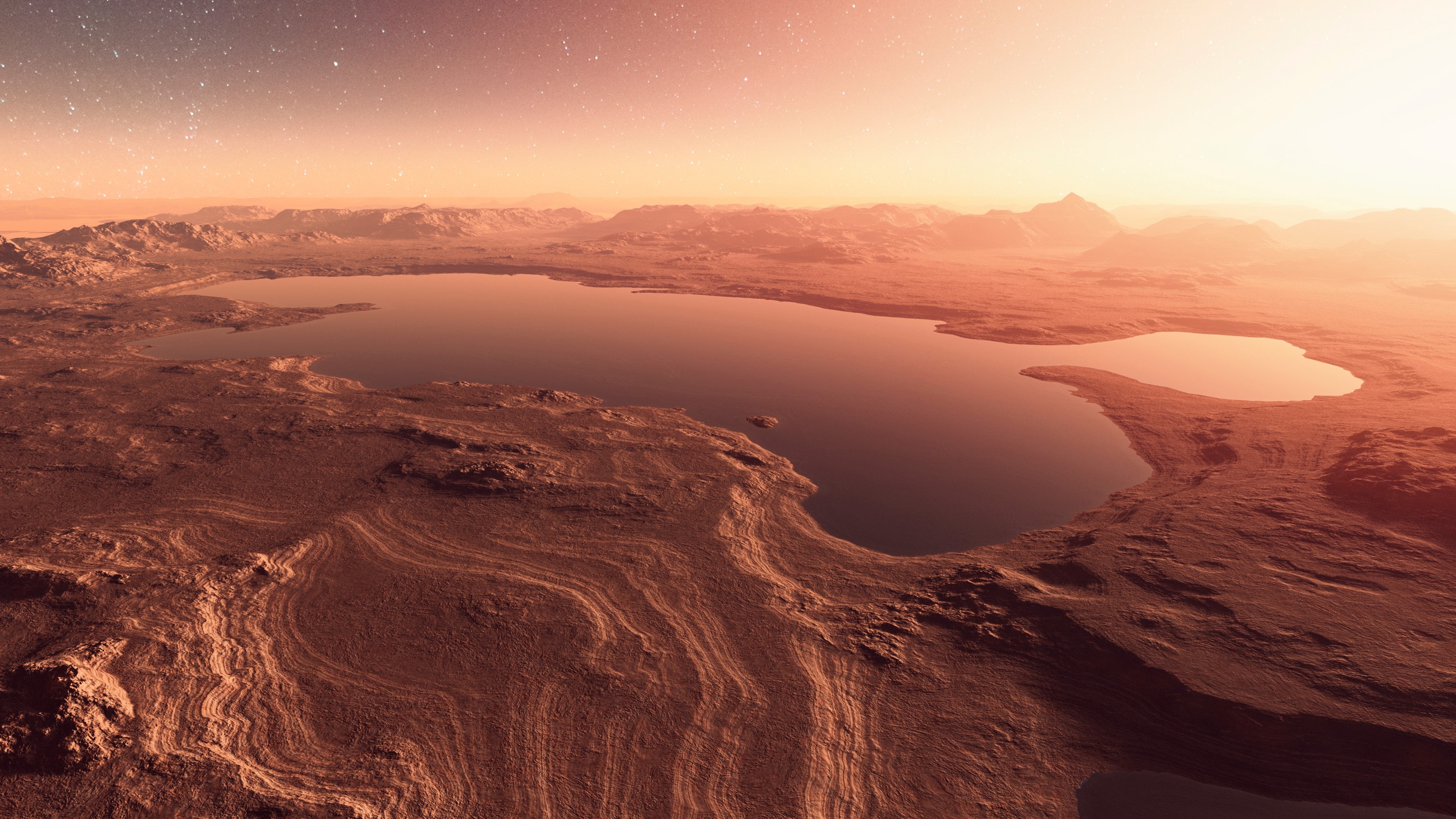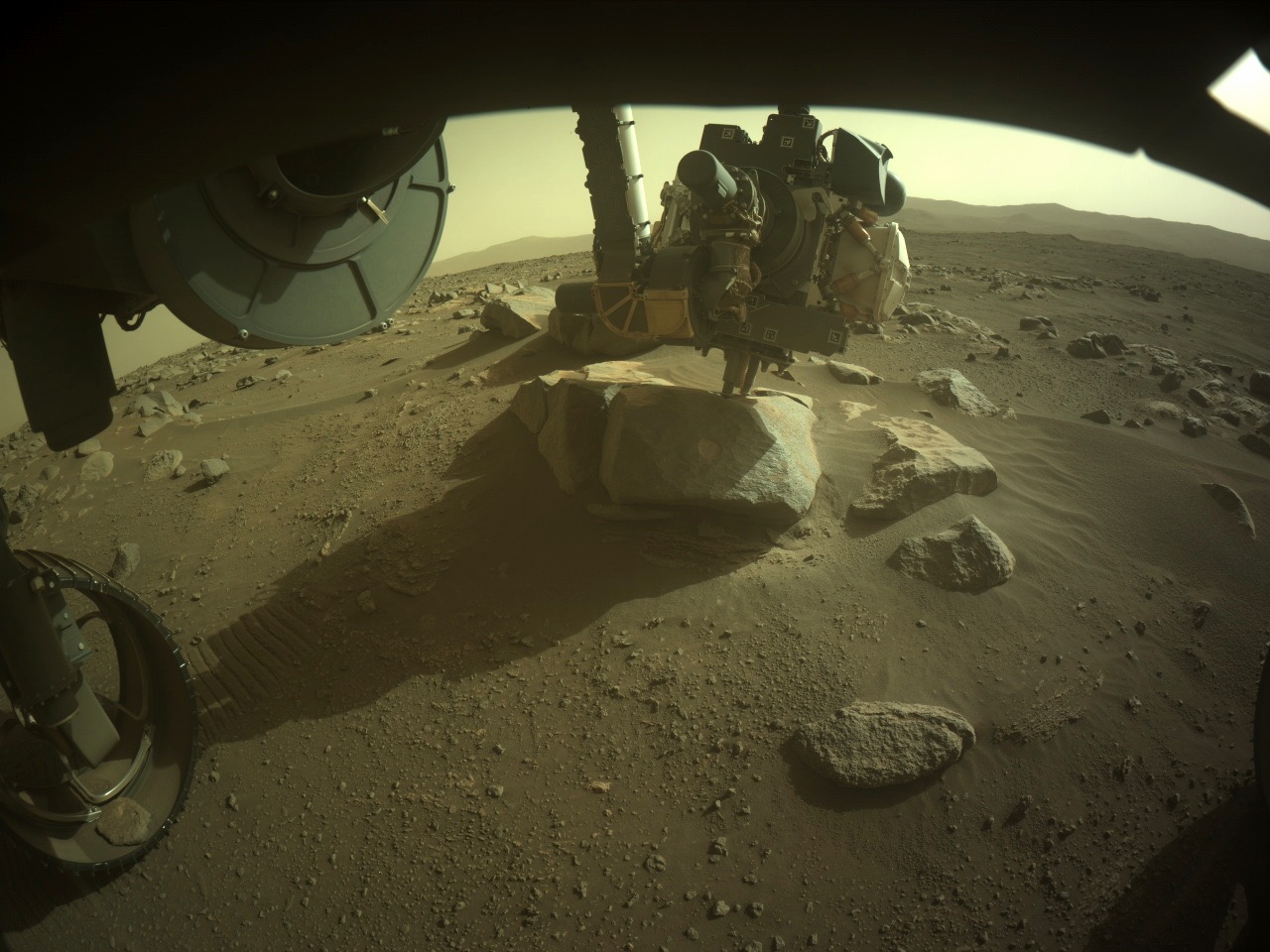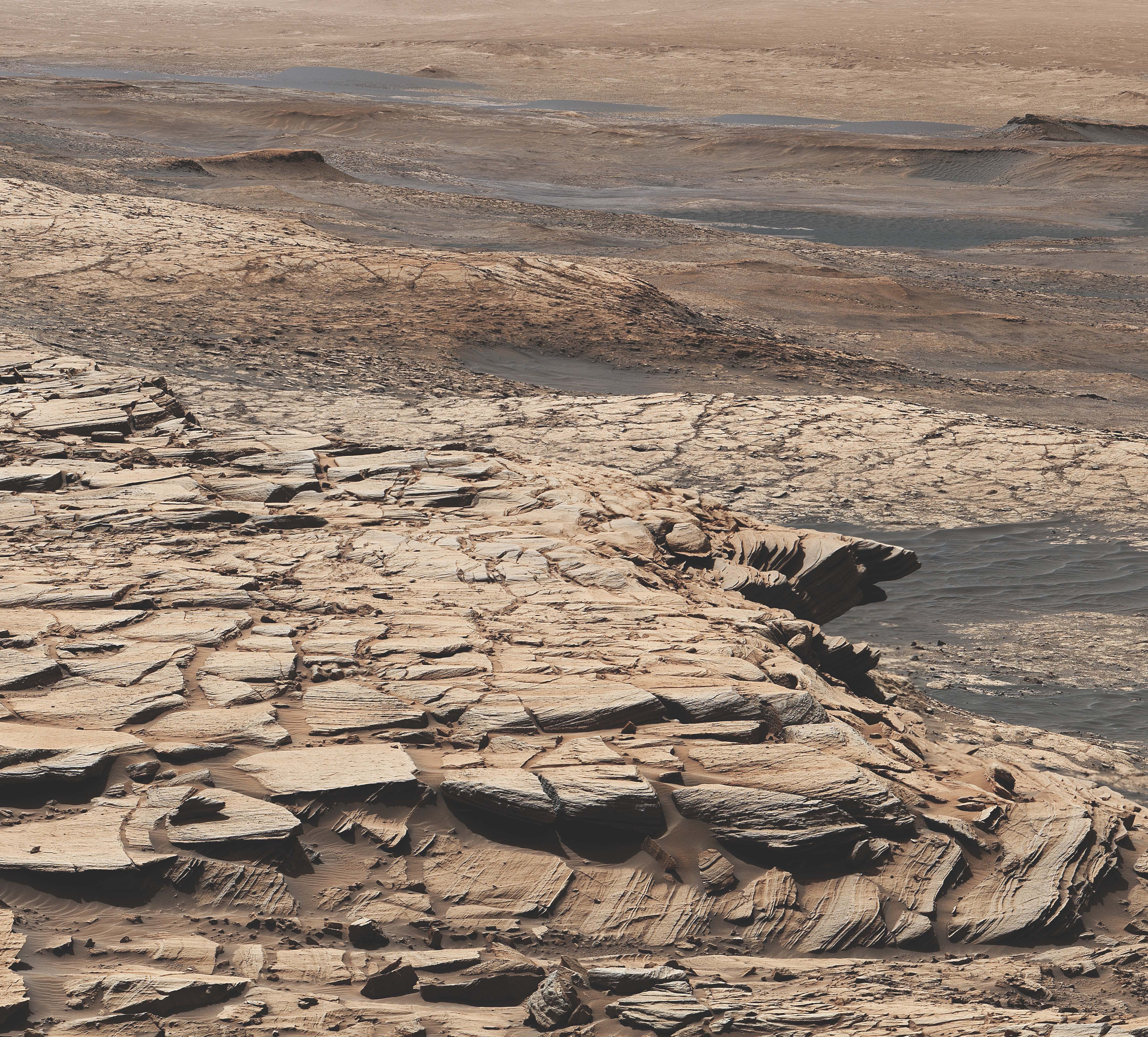Could Mars ever have supported life? This NASA challenge wants your help to find out
NASA and HeroX have launched a $30,000 data-analysis contest.

Breaking space news, the latest updates on rocket launches, skywatching events and more!
You are now subscribed
Your newsletter sign-up was successful
Want to add more newsletters?

Delivered daily
Daily Newsletter
Breaking space news, the latest updates on rocket launches, skywatching events and more!

Once a month
Watch This Space
Sign up to our monthly entertainment newsletter to keep up with all our coverage of the latest sci-fi and space movies, tv shows, games and books.

Once a week
Night Sky This Week
Discover this week's must-see night sky events, moon phases, and stunning astrophotos. Sign up for our skywatching newsletter and explore the universe with us!

Twice a month
Strange New Words
Space.com's Sci-Fi Reader's Club. Read a sci-fi short story every month and join a virtual community of fellow science fiction fans!
NASA and crowdsourcing platform HeroX have launched a $30,000 challenge to find better ways to analyze data relating to Mars' potential to host life.
The deadline to make your submission is April 18, and you can review the full competition eligibility requirements, along with the HeroX challenge page, to get more information.
The goal is to create a tool to autonomously analyze data flowing from spectrometers on Mars rovers like Perseverance and Curiosity. Their spectrometers are used to analyze the composition of rocks and to seek out components like organic molecules, which can be the building blocks of life in some circumstances.
Mars may have hosted life due to the presence of liquid water on its surface in ancient times. It is unclear if life ever arose there, or if such life might have persisted to modern times, but the possibility is tantalizing enough that NASA and the European Space Agency are working together on a Mars sample return mission that will allow pristine Red Planet material to be analyzed here on Earth. In the meantime, though, NASA has numerous Red Planet missions that may benefit from improvements in life-hunting technology.
Related: 12 amazing photos from Perseverance rover's 1st year on Mars
More and more, engineers are aiming to have spacecraft select the most interesting data themselves before sending it back to Earth, since the space-to-ground communications channel has limited bandwidth.
"Communication between rovers and Earth is severely constrained, with limited transfer rates and short daily communication windows," the HeroX challenge page says, referring to the problem scientists face with Mars work.
Breaking space news, the latest updates on rocket launches, skywatching events and more!
"When scientists on Earth receive sample data from the rover, they must rapidly analyze them and make difficult inferences about the chemistry in order to prioritize the next operations and send those instructions back to the rover."
HeroX says competitors should create models able to detect "families" of chemical compounds from a performing evolved gas analysis, which studies volatile compounds released by a substance as it is heated. The analysis will be done on analog samples.
"The winning techniques may be used to help analyze data from Mars, and potentially even inform future designs for planetary mission instruments," the organization said.
HeroX noted that the platform is planning to engage numerous communities with the results, including planetary geologists, analytical chemists and data scientists.
"Solutions in this challenge are intended to serve as a starting point for continued research and development," HeroX said. "The challenge organizers intend to make the data available online after the competition for ongoing improvement."
Follow Elizabeth Howell on Twitter @howellspace. Follow us on Twitter @Spacedotcom or on Facebook.

Elizabeth Howell (she/her), Ph.D., was a staff writer in the spaceflight channel between 2022 and 2024 specializing in Canadian space news. She was contributing writer for Space.com for 10 years from 2012 to 2024. Elizabeth's reporting includes multiple exclusives with the White House, leading world coverage about a lost-and-found space tomato on the International Space Station, witnessing five human spaceflight launches on two continents, flying parabolic, working inside a spacesuit, and participating in a simulated Mars mission. Her latest book, "Why Am I Taller?" (ECW Press, 2022) is co-written with astronaut Dave Williams.


